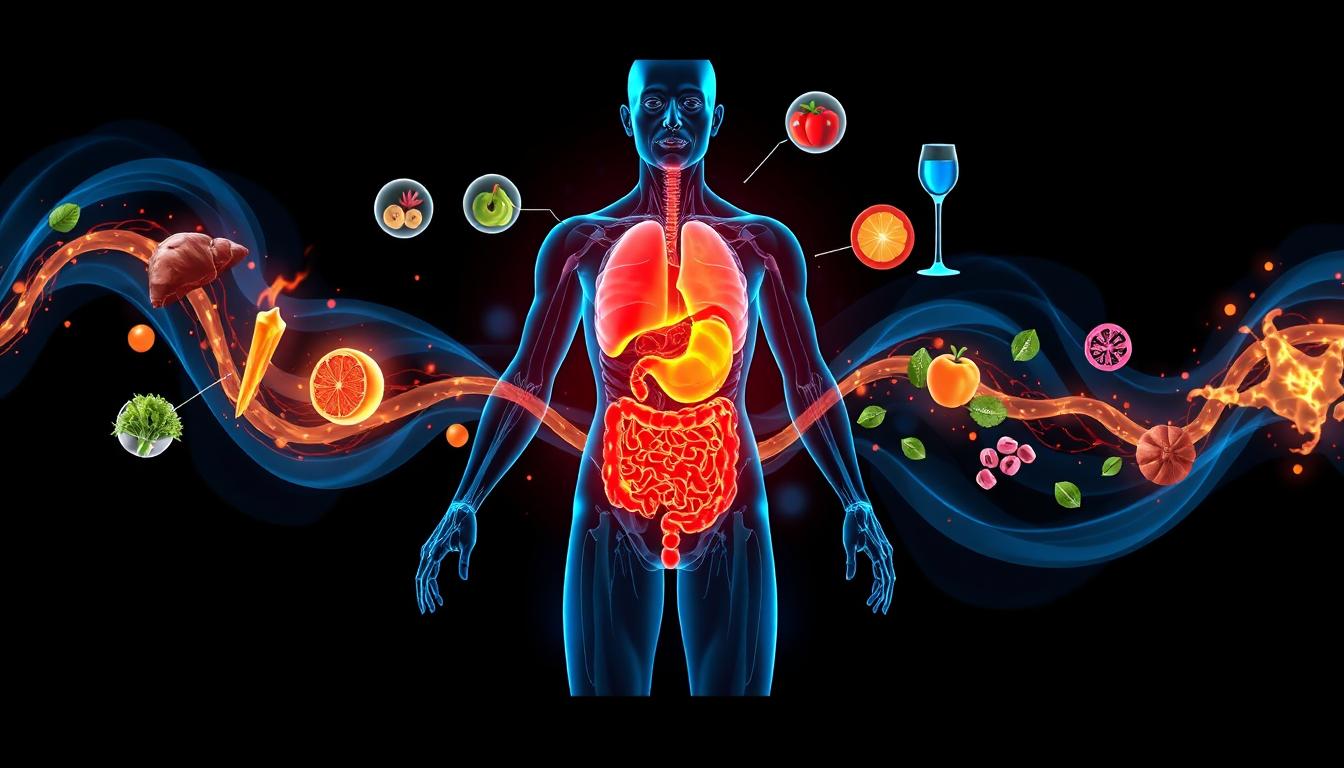Understanding Metabolism: The Key to Managing Weight Effectively
Introduction
Have you ever noticed how some people seem to eat whatever they want without gaining weight, while others struggle despite their best efforts? The answer lies in metabolism—the complex set of biochemical processes that convert food into energy, sustain bodily functions, and influence weight management. Understanding how metabolism works and what factors affect it can be a game-changer in the battle against obesity.
In this article, we’ll explore the components of metabolism, how it impacts weight, the factors influencing it, and the best strategies to optimize it for better health.
What is Metabolism?
Metabolism is the sum of all chemical reactions that take place in the body to maintain life. It consists of two main processes:
- Catabolism: The breakdown of molecules to release energy. This includes the digestion of food, which provides the necessary fuel for the body’s functions.
- Anabolism: The building of complex molecules from simpler ones, storing energy for future use. This process supports growth, muscle repair, and energy storage.
The rate at which metabolism occurs is referred to as the metabolic rate, which varies from person to person. It determines how efficiently the body burns calories and utilizes energy.
Metabolism and Weight Management
Your metabolic rate significantly influences your ability to gain or lose weight. The three main components of metabolism that determine daily calorie expenditure are:
- Basal Metabolic Rate (BMR): The energy your body needs to perform basic functions like breathing, circulating blood, and maintaining body temperature while at rest. BMR accounts for about 60-75% of daily calorie expenditure.
- Physical Activity: The energy burned through movement, including exercise and daily activities. This is the most controllable factor in boosting metabolism.
- Thermic Effect of Food (TEF): The energy required to digest, absorb, and metabolize food. Protein-rich foods have a higher thermic effect compared to fats and carbohydrates.
A slow metabolism burns fewer calories, leading to weight gain if calorie intake exceeds expenditure. Conversely, a fast metabolism burns calories more efficiently, making it easier to maintain or lose weight.
Key Factors Influencing Metabolism
Several factors affect how fast or slow your metabolism functions:
- Genetics: Some individuals are born with a naturally faster or slower metabolism due to inherited traits.
- Age: Metabolism slows down as we age due to muscle loss and decreased physical activity.
- Gender: Men generally have a higher metabolic rate than women because they have more muscle mass and lower body fat.
- Muscle Mass: The more muscle you have, the higher your resting metabolic rate (RMR), as muscles burn more calories than fat.
- Hormones: Thyroid hormones and insulin levels play a crucial role in regulating metabolism.
- Sleep & Stress: Lack of sleep and chronic stress can slow metabolism by disrupting hormone balance.
- Hydration: Dehydration can reduce metabolic efficiency, making it important to drink enough water daily.
- Diet Composition: Protein-rich foods, fiber, and healthy fats support metabolism, while processed foods and excessive sugar can slow it down.
Effective Strategies to Boost Metabolism
While some metabolic factors are beyond our control, there are many ways to naturally enhance metabolic function:
1. Engage in Strength Training
Building muscle through resistance exercises like weightlifting increases metabolic rate. Since muscle burns more calories than fat, having more lean muscle can improve long-term weight management.
2. Try High-Intensity Interval Training (HIIT)
Short bursts of intense activity followed by rest periods can significantly boost metabolism, even after exercise. This “afterburn” effect keeps calorie-burning high for hours post-workout.
3. Eat Protein-Rich Foods
Protein has the highest thermic effect, meaning it requires more energy to digest. Foods like lean meats, fish, eggs, and legumes can help maintain muscle mass and boost metabolism.
4. Stay Hydrated
Drinking enough water supports cellular functions and digestion, preventing metabolic slowdown. Cold water may even provide a small calorie-burning boost as the body works to warm it.
5. Prioritize Sleep
Getting 7-9 hours of quality sleep helps regulate hormones that control appetite and metabolism. Poor sleep increases cravings for high-calorie foods and reduces energy expenditure.
6. Manage Stress Levels
Chronic stress leads to increased cortisol levels, which can slow metabolism and promote fat storage. Practices like meditation, deep breathing, and regular physical activity help keep stress in check.
7. Consume Spicy Foods
Capsaicin, found in chili peppers, can temporarily increase metabolism by promoting fat oxidation. Adding spices like cayenne pepper or ginger to meals can provide a mild metabolic boost.
8. Avoid Extreme Dieting
Drastically reducing calorie intake can cause the body to enter starvation mode, slowing metabolism to conserve energy. Instead of extreme dieting, focus on a balanced diet with moderate calorie reduction.
Monitoring and Tracking Metabolism
To optimize metabolism, it’s helpful to track its performance. Some ways to do this include:
- Using Metabolic Rate Calculators: Online tools estimate BMR based on weight, height, age, and activity level.
- Measuring Body Composition: Devices like bioelectrical impedance scales can track muscle-to-fat ratio.
- Monitoring Heart Rate Variability (HRV): Wearable fitness trackers provide insights into metabolism and overall health.
Keeping a journal of food intake, exercise habits, and sleep patterns can also help identify areas for improvement.
Conclusion
Understanding metabolism is key to effective weight management and overall health. While genetics and age influence metabolic rate, lifestyle choices like exercise, proper nutrition, hydration, and sleep play a significant role in optimizing it.
By incorporating metabolism-boosting strategies into your daily routine, you can enhance energy levels, burn more calories efficiently, and achieve long-term health goals. Take charge of your metabolism today, and enjoy the benefits of a healthier, more active life! 🚀💪


